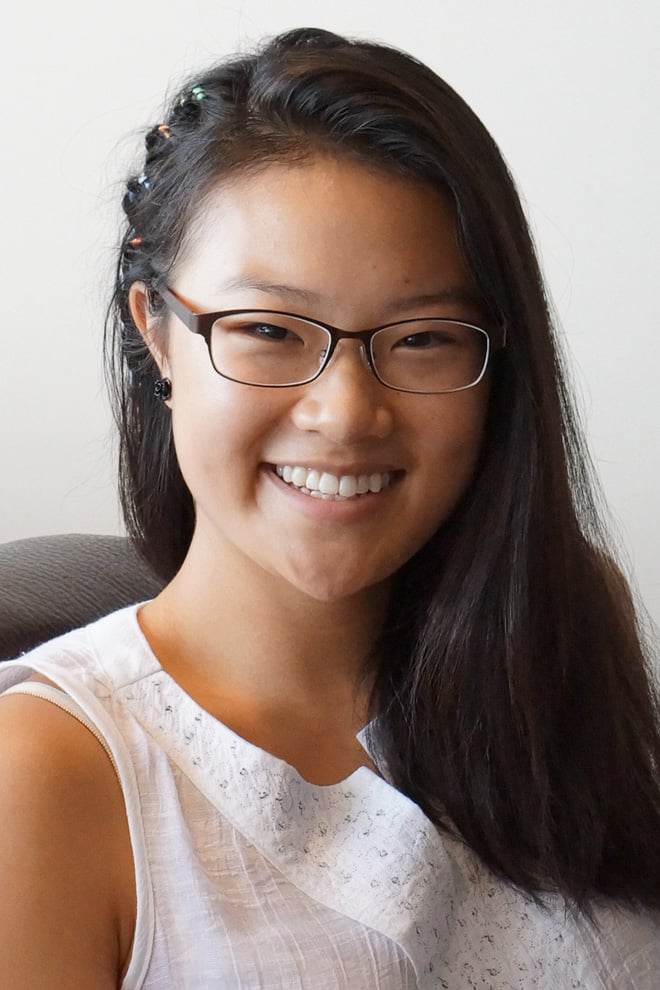
Despite having a modest undergraduate GPA of 2.99/4.0, with more than half of his courses graded B or C, a Vietnamese man secured a 50% master's scholarship from Stanford University, ranked third in the world.
Trinh Phuong Quan, 34, graduated with a master's degree in Civil and Environmental Engineering from Stanford in 2023. Previously, he earned a master's in Sustainable Design from the National University of Singapore (NUS) and a bachelor's in Architecture from Ho Chi Minh City University of Architecture.
Quan began preparing his Stanford application in early 2022.
Stanford University, which ranks third globally in the QS World University Rankings 2026 and consistently ranks in the top four U.S. universities according to U.S. News, has waived its usual requirement of the Graduate Record Examination (GRE), a standardized test typically required for admission to graduate and professional programs, since Covid-19.
The university asks only for undergraduate transcripts, a statement of purpose, and proof of English proficiency.
Quan was exempt from the English requirement due to his previous master's studies in Singapore.
| Trinh Phuong Quan, a graduate student of Stanford University, in a photo he provides. |
"I didn't expect much when I applied because my undergraduate transcript was so poor. A 2.99 GPA would not even allow you to graduate in the U.S.," he recalled.
To his surprise, Stanford admitted him and awarded a 50% scholarship for the two-year program.
Based on his experience, Quan shared three key tips for applicants targeting graduate schools in the U.S.
GPA matters more than you think
Quan explained that in 2009, his university switched from a 10-point grading system to a 4-point scale. Initially, many professors continued grading strictly as they had under the previous system, causing most of his grades to fall into the B and C range. However, Quan acknowledged his own lack of focus was the primary cause of his low GPA.
"Senior students told me grades didn't matter, only skills and work experience," Quan said. "Looking back, I really regret not taking my studies seriously."
He now believes that GPA is a concrete and persuasive indicator of a student's diligence, discipline, consistency, and time management, all essential qualities for academic success.
If an applicant's GPA is below average but they graduated in the top 10% of their class, Quan advises including a graduation ranking certificate and clearly explaining this context in the application.
"Professors understand grading standards vary between institutions," he said.
Quan himself provided evidence that he graduated in the top 5% of his undergraduate class, listed 10 architectural design awards he had received, and submitted his transcript from NUS, a leading Asian university, to further demonstrate his academic credentials, even though Stanford primarily evaluates undergraduate performance.
Use your statement of purpose to emphasize goals and fit
An essential component of any master's application is the Statement of Purpose. Before applying, Quan attended an admissions workshop hosted by Stanford, where he learned what professors expect.
"Professors don't want your life story, tales of hardship, or even a detailed list of your achievements," he explained. "Those details are already covered by your transcripts and other supporting documents."
Quan used his statement of purpose to highlight his professional interest in sustainable architecture and clearly explain how Stanford's curriculum matched his experiences and future goals. He also emphasized his aim to complete the master's program in one year to quickly return to the workforce.
"For graduate programs, grades alone don't determine admission," he noted. "What matters is clearly expressing who you are, what you aim to achieve, and how the program will help you. That's the power of the statement of purpose."
| Trinh Phuong Quan (second row, R) with his peers at Stanford University in 2023. Photo courtesy of Quan |
Be honest in your application
Quan emphasized honesty as crucial because admissions committees comprise experienced professors who quickly identify inconsistencies. Misleading information could significantly harm an applicant's chances, regardless of their other achievements.
He cited examples of applicants exaggerating short online courses as formal university programs or presenting small extracurricular groups of around 100 members as global leadership experiences.
"If dishonesty is uncovered, the applicant may be rejected no matter how impressive their achievements appear," he warned. Based on his experience, Quan believes that with serious academic effort, a Vietnamese undergraduate degree is sufficient to gain admission to top global universities for master's programs.
Regarding English proficiency, he noted that an IELTS score of 7.0 is adequate for studying in the U.S., advising students not to spend excessive time pursuing higher scores.
